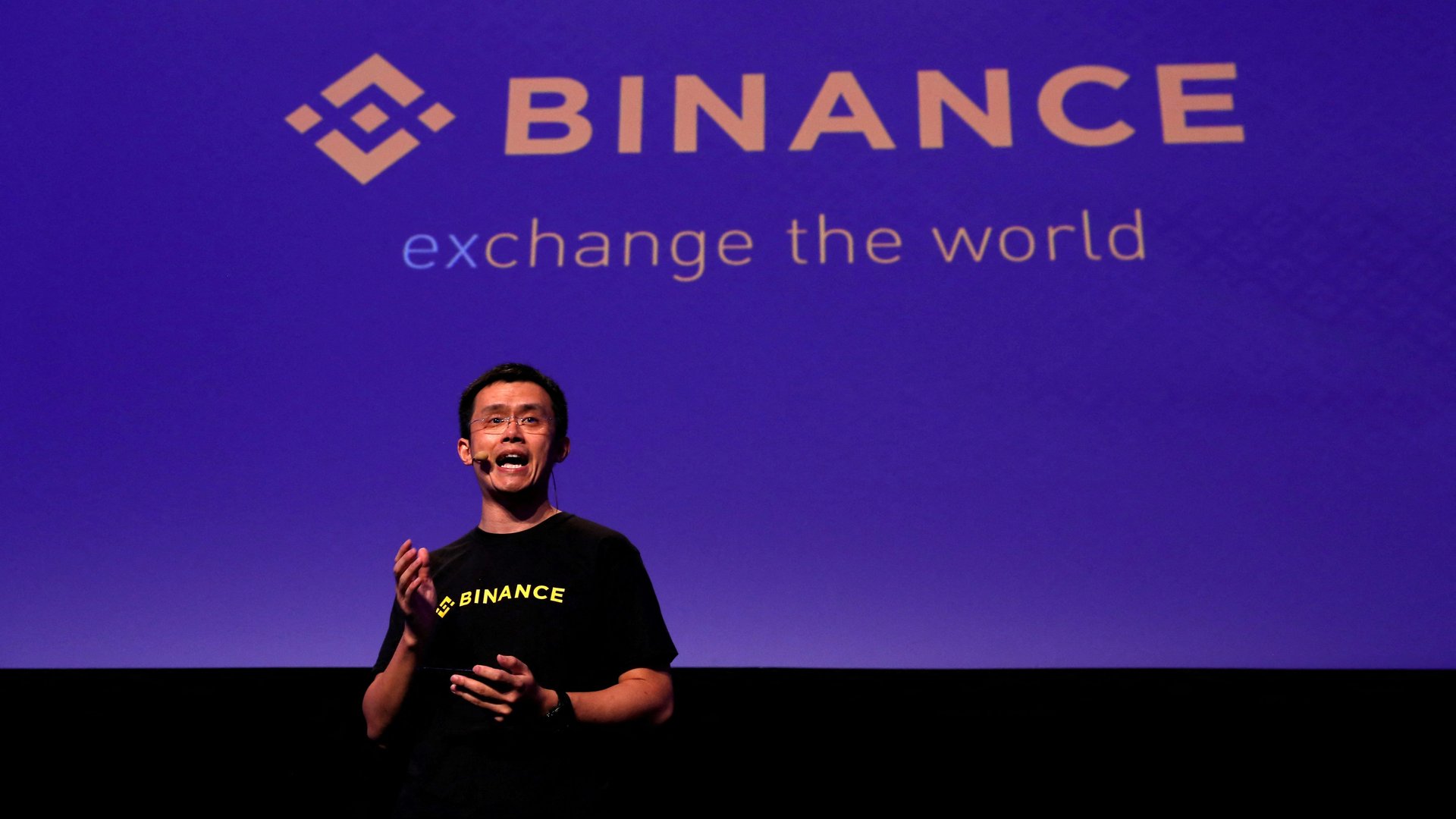Why Binance has restricted some Nigerian accounts
Binance, the world’s largest cryptocurrency exchange by volume, has restricted 281 Nigerian personal accounts to ensure the platform’s security and prevent fraud, its founder and CEO has said.


Binance, the world’s largest cryptocurrency exchange by volume, has restricted 281 Nigerian personal accounts to ensure the platform’s security and prevent fraud, its founder and CEO has said.
In a statement, Changpeng Zhao said that about 38% of the accounts were restricted at the request of international law enforcement.
“User security remains our top priority,” he said. “We love and are devoted to our Nigerian community, but we must ensure that our users are safe.”
Zhao’s statement comes after complaints by Nigerian users who say they have lost access to their accounts and funds without a valid reason. Using the hashtags such as #BinanceStopScamming, #BinanceStealingCrypto, they called for a boycott of the exchange, with many expressing frustration for allegedly failing to get customer care support from Binance.
In his statement, Zhao said Binance has resolved 79 cases connected to account restrictions and will work towards speedy resolution of such cases.
Peer-to-peer crypto exchanges are driving growth
Cryptocurrency adoption is increasing fast in Africa, fueled by the growth of peer-to-peer (P2P) cryptocurrency exchanges. The continent tops the world in this type of trading, in which users trade directly with each other, using it to protect remittances and cross-border businesses from costly transfer fees and hedge against currency devaluation.
Despite the Nigerian government baring local banks and other institutions from dealing in cryptocurrencies last year, the digital currencies are still popular in the west African country.
Cryptocurrencies are largely unregulated in Africa. The governments of Nigeria and many other African countries advise their people (pdf) against dealing in the digital currencies, which are a lucrative ground for scams in the continent.
Binance, which started operations in Africa in 2018, is one of the most popular cryptocurrency exchange platforms and P2P marketplaces in Nigeria and in the continent at large.
The company has recently been facing accusations of having weak money-laundering checks.
Sign up to the Quartz Africa Weekly Brief here for news and analysis on African business, tech, and innovation in your inbox.